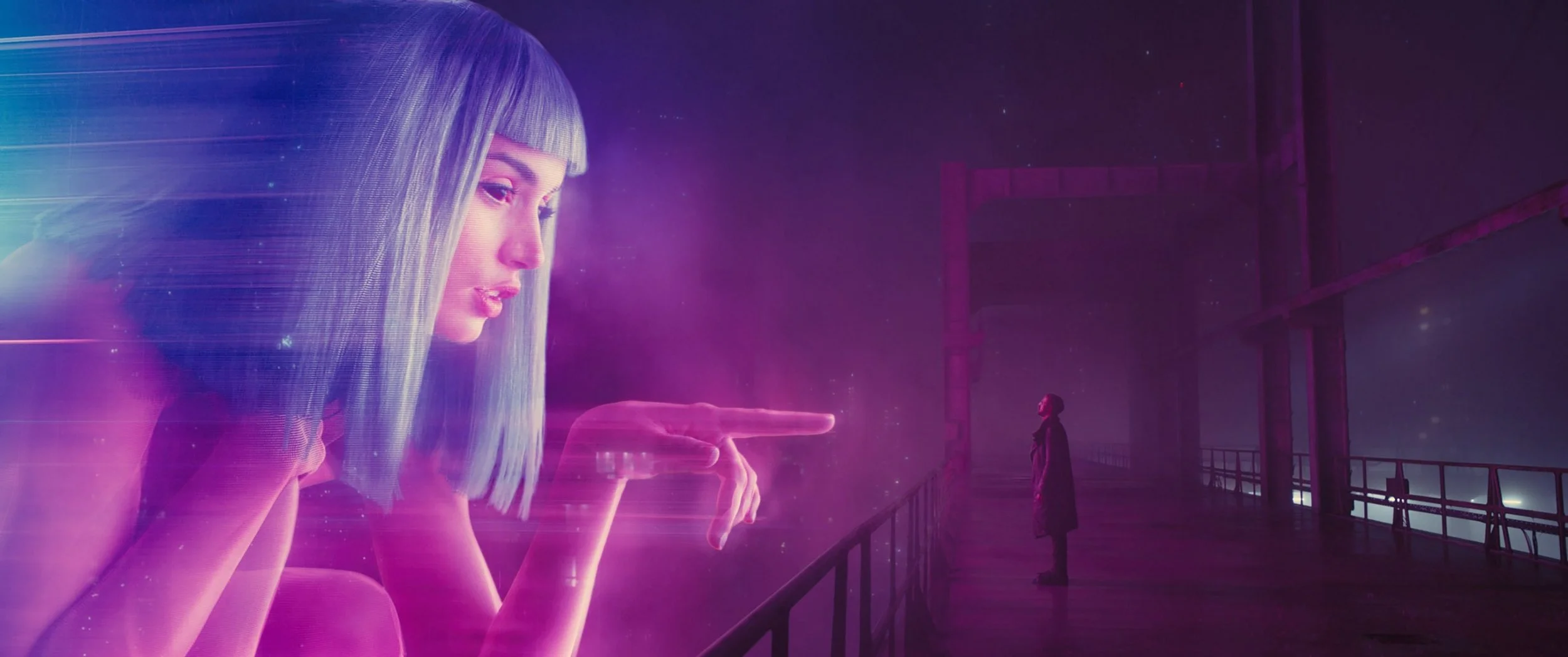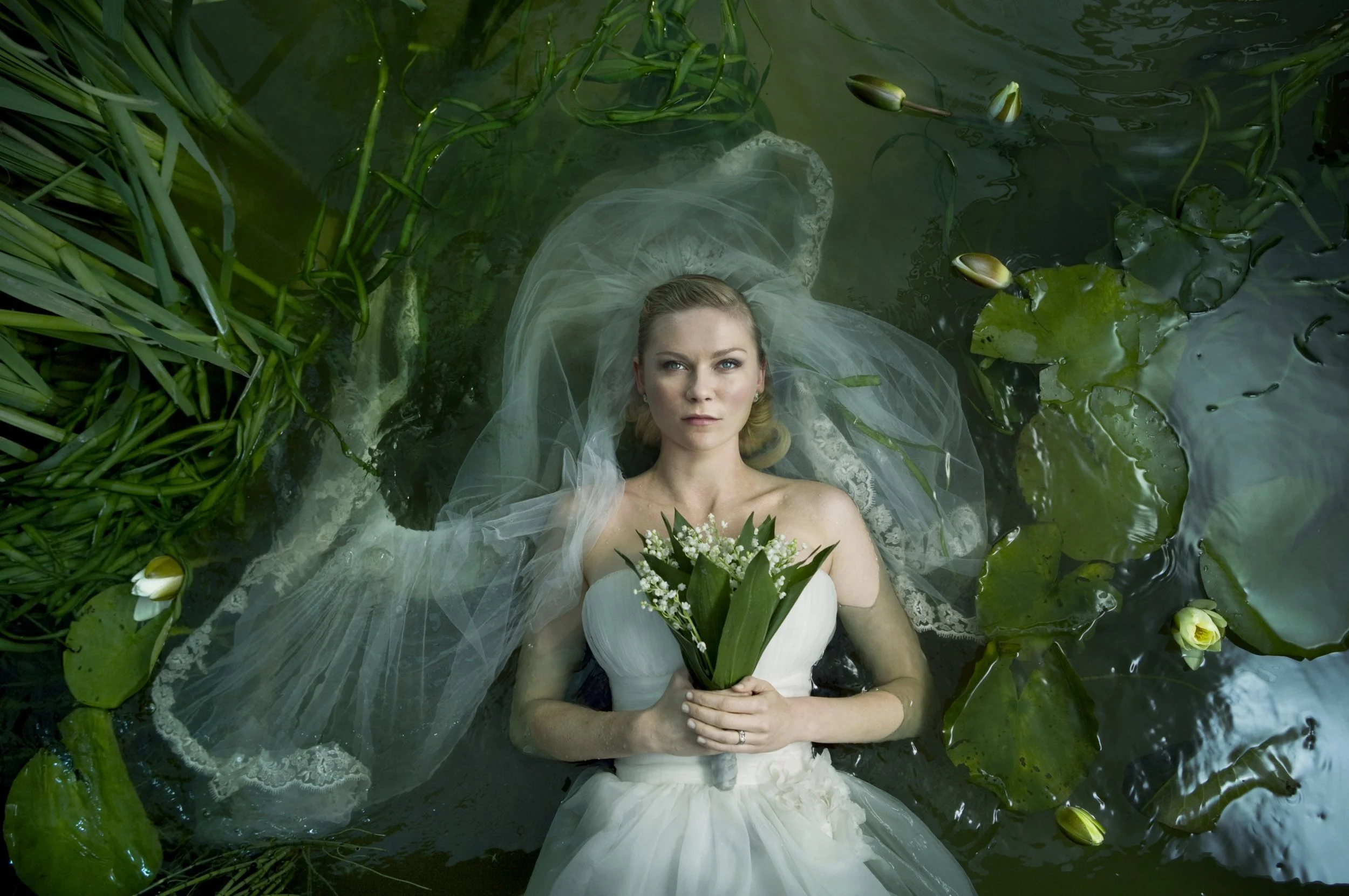Danish Cinema: Elsker dig for evigt (Open Hearts) film review
Elsker dig for evigt (lit translates to Love you Forever) is Susanne Bier’s first and only film under the Dogme 95 manifesto. It follows two couples in the aftermath of a car accident that changes their lives irrevocably.
The film’s narrative is simple but effective; Cecilie and Joachim, who are engaged to be married, have their lives thrown into chaos when Joachim is paralysed by a car accident. During his rehabilitation in the hospital, Cecile meets Niels, a doctor who also happens to be the husband of the woman responsible for Joachim’s accident.
The drama and intrigue of this film stem from the complex interlinking of these individuals and how love heals and destroys people.
Due to the very nature of this film being a Dogme 95 film, it is very lo-fi, but that only adds to the absorption of the narrative. The natural lighting and handheld camera cinematography bring you closer to the story; it’s as if real lives are unfolding in front of you.
As always, Mads Mikkelsen stands out, there is just something about his acting that is so compelling, and his performance as a man torn between his family and a forbidden romance is fascinating.
With this film being my first foray into the Dogme 95 movement, it was jarring at first to see low lighting, almost student film-like footage, but I was soon hooked by the performances and story.
Dogme 95 is fascinating because the idea is to strip back the filmmaking process, to cast away the superficialities of the genre, special effects and post-production. It’s raw filmmaking at its best, and I am really intrigued to check out Vinterberg’s Festen (Celebration), which was the first official Dogme 95 film to be made and Von Trier’s Idioterne (The Idiots) because, well, it’s Von Trier, I am kinda fascinated by his filmography.
And maybe I will end up checking out the full roster of Dogme 95 films, there being 35 in total. Also, I feel quite inspired to make movies when I watch films like this because it shows that a low-budget film can be utterly compelling if done well.















